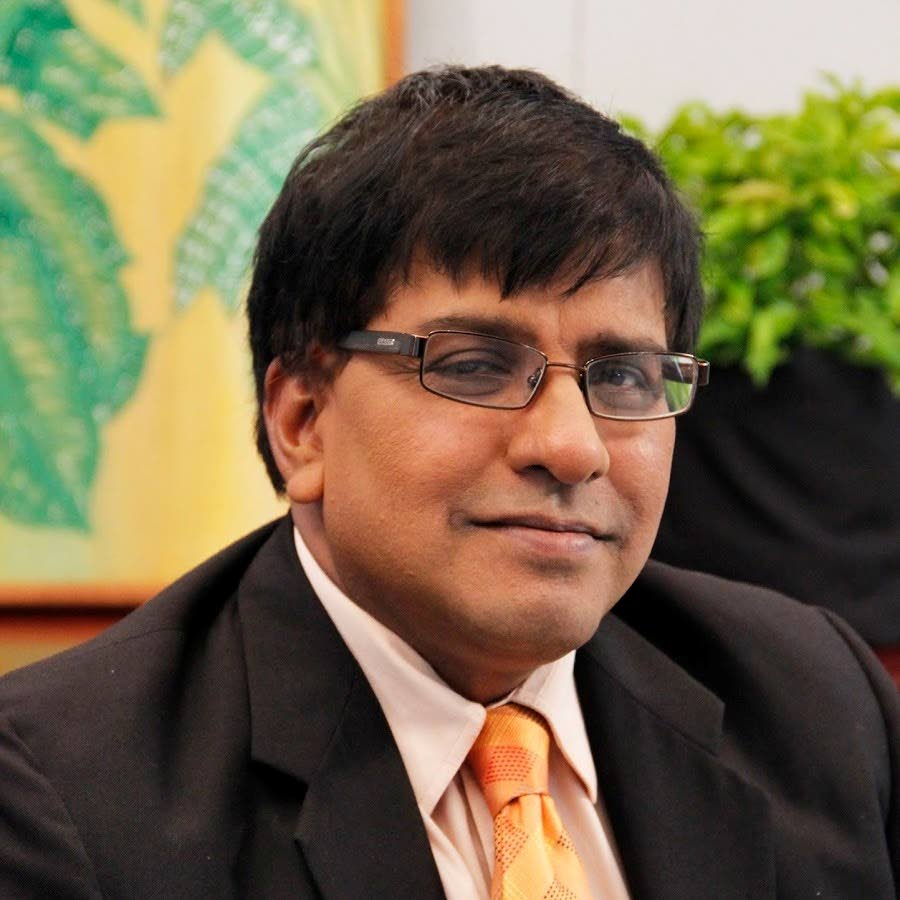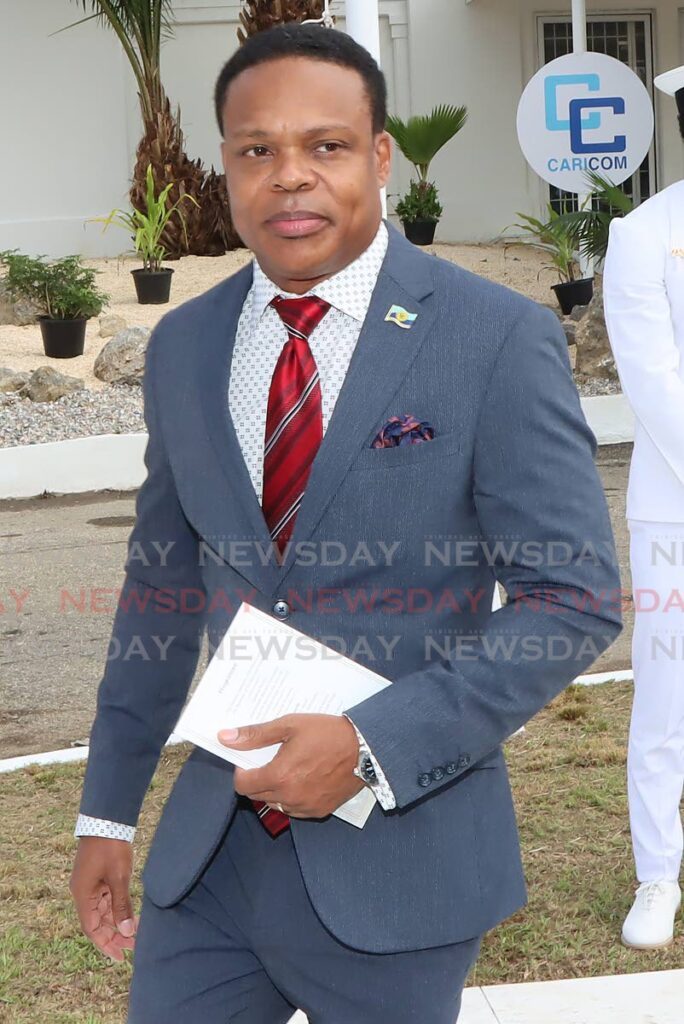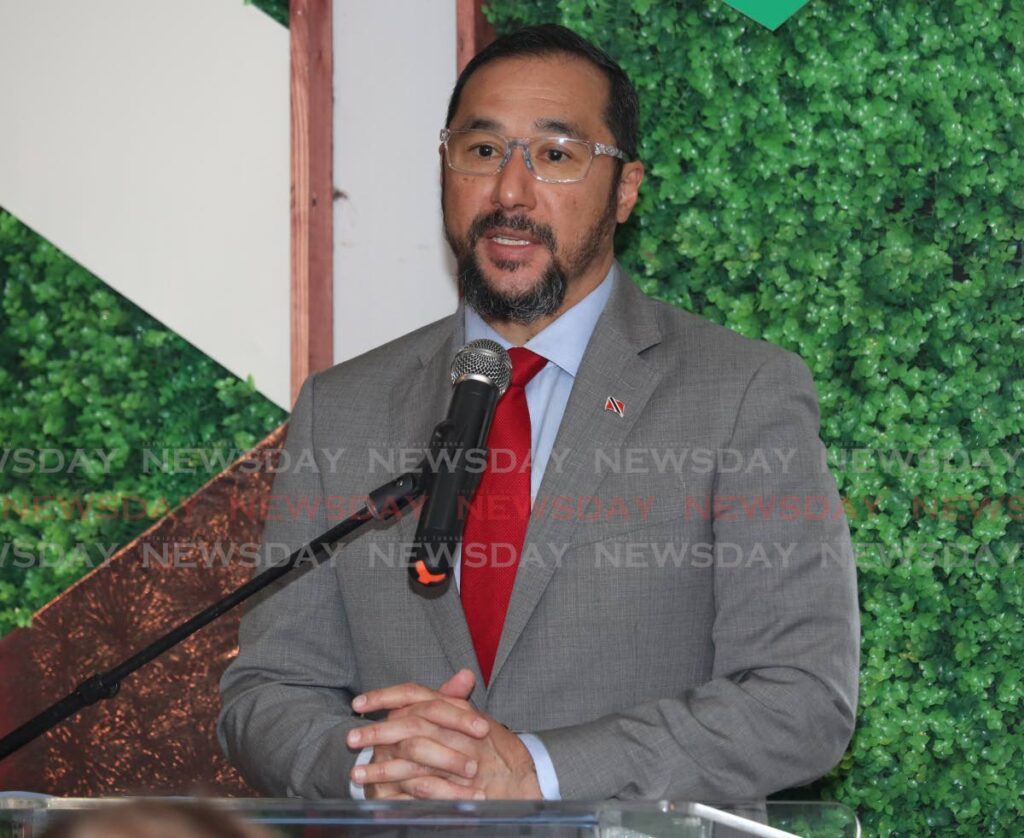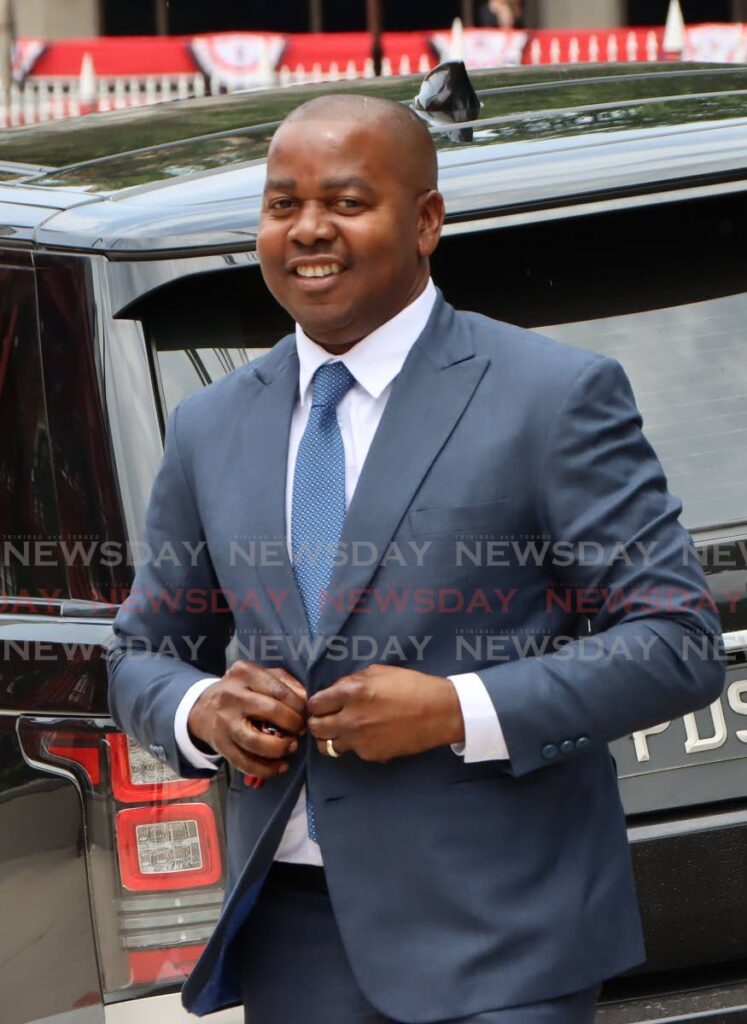Ragoonath: Crime, economy biggest hurdles of PNM

POLITICAL analyst Dr Bishnu Ragoonath believes crime and the economy are the People’s National Movement’s (PNMs) biggest challenges as it prepares for next year’s general election.
The party, which controls 22 of the 41 seats in the House of Representatives, has already signalled it is in election mode. PNM chairman and Minister of Energy Stuart Young reinforced this position recently in his address at a San Juan/Barataria constituency meeting.
“Get ready because our leader has put us on notice,” he urged supporters. “The bell could ring at any time. Be prepared for whenever the date for the general election is announced.”
In June, the PNM also opened nominations for candidates to contest eight constituencies, all of which are held by the opposition and some are considered key marginals. They are Mayaro, St Augustine, Chaguanas East, Fyzabad, Pointe-a-Pierre, San Juan/Barataria, Moruga/Tableland and Caroni East.
Ragoonath observed that the party has started mobilising but will likely face some stumbling blocks.
“I think the two biggest challenges that the PNM has right now – I don’t know which one takes precedence at this point – are crime and the economy. The economy has not been doing well as the PNM had hoped and they have not been able to get a handle on crime,” he told Newsday.
“Both of these factors are going to be important in how they campaign because if the economy is not strong enough for them to present an election budget come October, they may be very well strapped as to what they could give and what they could do.”
He believes Finance Minister Colm Imbert realises this.
“That is why he is pushing for the Revenue Authority and property tax.”
Ragoonath claimed the government is also doing “a huge amount of borrowing that we are not necessarily being told about.
“In fact, I think they took money out of the HSF (Heritage and Stabilisation Fund) last December and it was only by chance that the IMF (International Monetary Fund) and the World Bank reported earlier this year, then we knew that they took out money.

“So clearly the economy is in dire straits and they have not been able to get a handle on crime. At the rate at which we are going, we might surpass our highest murder figure for last year.”
To compound matters, he said, there has also been an increase in kidnappings and extortion.
“We are hearing that even doubles people are closing down because they cannot afford to pay the extortionists and clearly they do not feel protected by police service.”
Ragoonath said fewer major crimes impact citizens.
“So that is something the government has to get a handle on.”
He wondered if the government really wanted to get a handle on crime.
“If they don’t get a handle, more and more people are going to walk away from the normal electoral system because they are not being protected. Either they want to migrate or they are not going to vote. So a low voter turnout will definitely be in the interest of the PNM.”
Ragoonath, senior lecturer, Department of Behavioural Sciences, UWI, St Augustine, said Tobago’s two seats will again be crucial to the outcome of the election.
He recalled the PNM won the Tobago East seat by fewer than 1,500 votes.
“That is clearly a concern for the PNM.”
With the spate of gun-related murders and other violent crimes on the island, Ragoonath believes, Tobagonians will hold the government to account.
“People are going to say that crime and security fall under the government and it is not doing anything.”
Ragoonath alluded to the security council briefing hosted by Chief Secretary Farley Augustine on August 8 to highlight his point.
Augustine, as part of Tobago’s strategy to combat crime, announced that the THA intends to buy two fishing boats to give to the Coast Guard to carry out patrols along the shorelines and in and around the marine park.

“For Farley to come out and say that he is going and get two fishing boats to give them to the Coast Guard, it tells you that the central government is not servicing the people of Tobago to the best of their ability. And I think is going to be part and parcel of an election campaign against the PNM in Tobago.”
But he said the two Tobago seats remain “very crucial” as TT prepares for the general election “because the PNM badly needs them in order that they maintain a majority.”
He said the party has not been able to make significant inroads in the marginal constituencies in Trinidad even though it has made some progress in Moruga/Tableland.
Possible political leaders
On the issue of leadership in the PNM, Ragoonath said the race is still relatively open.
He believes deputy leader Dr Nyan Gadsby-Dolly, general secretary Foster Cummings and lady vice chairman Camille Robinson-Regis, are major contenders.
“Those are the people I am looking at as possible replacements for Dr Rowley.”
Ragoonath believes Gadsby-Dolly, the Education Minister, appears to be in good standing to contest the leadership.

“The political leader has already suggested that he wants Nyan Gadsby-Dolly and that is why he selected her as his deputy. I personally believe that given the option he will probably also want to have Stuart Young as his replacement.
But he said from a societal perspective, Minister of Foreign and Caricom Affairs Dr Amery Browne may be the best person to lead the PNM.
“He comes across more as balanced bearing in mind the diversity of the society, the ethnicities and everything else. And from that perspective, I think he comes across as a lot more acceptable.”
A PNM source said the party’s history suggests that “someone can emerge as a leader who they least expect.
“In the PNM, there are no obvious choices.”
He recalled when TTs first prime minister Eric Williams died in 1981, the party’s faithful did not expect George Chambers to replace him.
“When the PNM lost the election in 1986, they also did not expect Patrick Manning because he was the most junior man at the time,” he said.
“In 2010, (Keith) Rowley was there but he had to go through a “torrid” time to get the MPs to support him. Manning was the first man. But to get the others, it was hard, including Imbert.”
The source said given the PNM’s history, it is difficult to say exactly who will emerge as leader.
“Because you have people on the outside who are not members of the House of Representatives. Dr Amery Browne is a well-known and experienced man and a non-political person will not be considered.”
He recalled when the PNM lost the general election in 1986, some suggested that a new leader be chosen from outside of the party, “But that did not go down well at all with the party members.”
Although Cummings has indicated his interest in leading the party, the source feels Young could also be in contention.
He could not say if Planning Minister and Arima MP Penelope Beckles-Robinson, who had unsuccessfully contested the leadership, was interested in giving it another shot.
The source said Minister of Local Government and Rural Development Faris Al-Rawi once said “he has an eye on it but has not been pushing it to the extent.”
He noted Imbert also has not signalled his intention in that regard.

Comments
"Ragoonath: Crime, economy biggest hurdles of PNM"